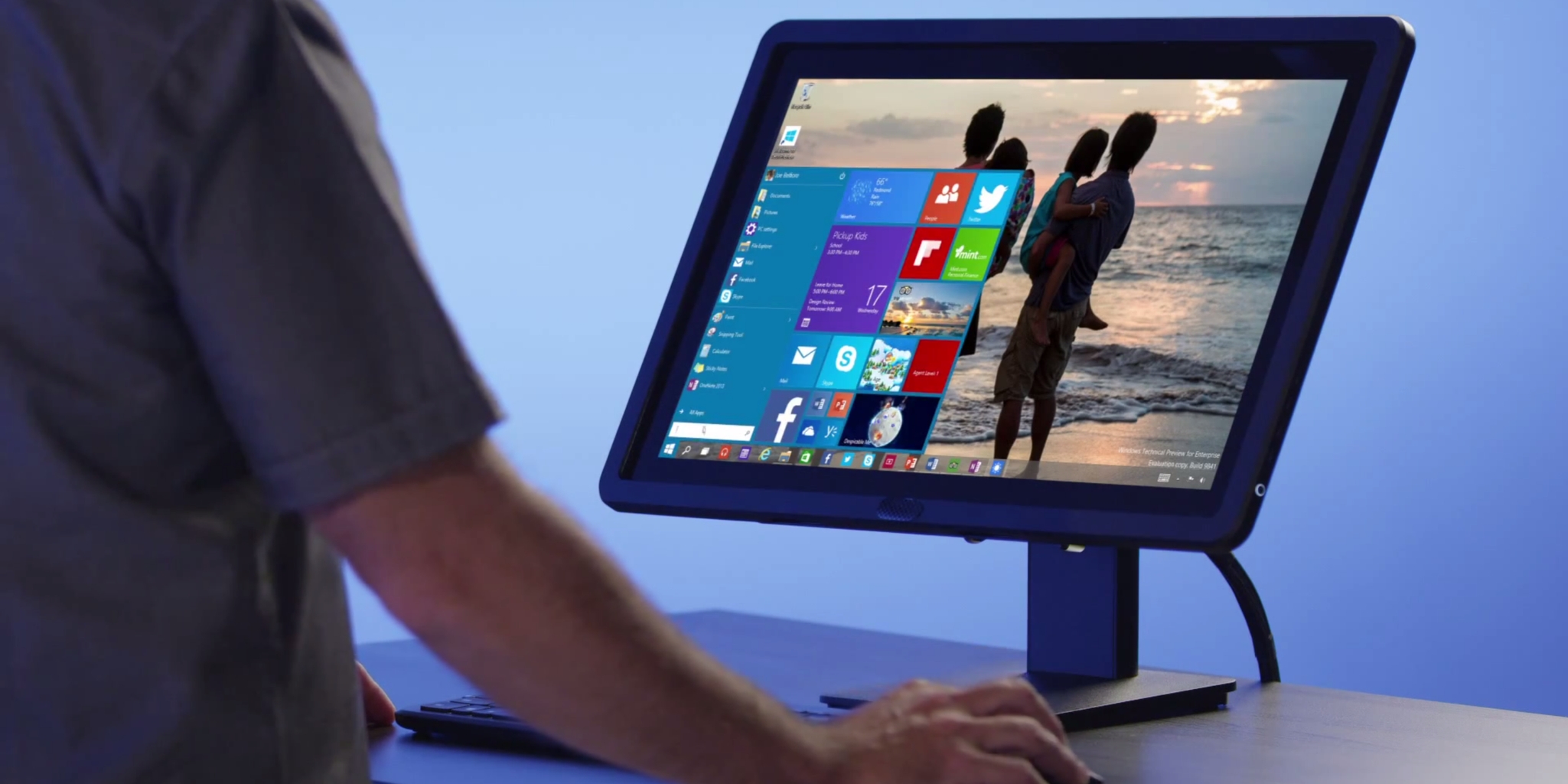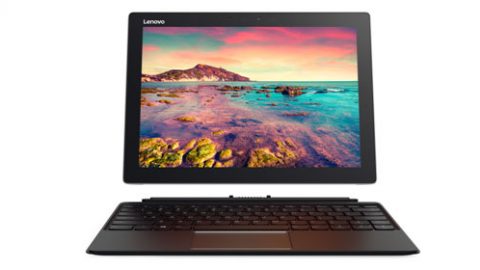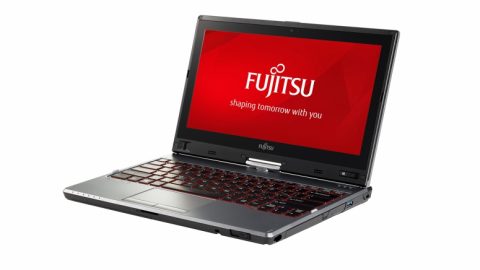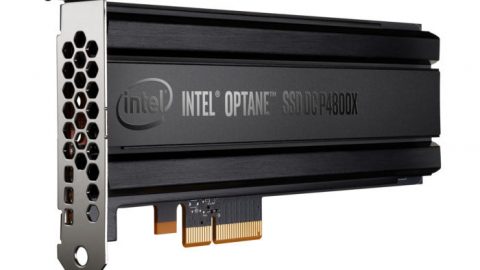As the PC market’s growth slows and competition intensifies, Lenovo is looking to keep channel partners happy in the U.S. and build its premium product line depth around the world.
Earlier this week, Lenovo channel chief Sammy Kinlawtold a crowd a the Best of Breed conference: “I’m charged with growing PCs at a high double-digit growth at a premium to the market.”
While it seeks aggressive unit growth, Lenovo is also looking to grow margins with higher-end products. This week Fujitsu confirmed it was in talks with the Chinese firm; the two companies are exploring various avenues of cooperation.
In the U.S. channel market, that news isn’t sending shockwaves. “I can’t see it making any difference,” said Michael Goldstein, CEO of LAN Infotech, Ft. Lauderdale, Fla., a solution provider that works with Lenovo. “It’s kind of surprising because if you said Fujitsu makes PCs, I would say, ‘really?'”
Goldstein said LAN Infotech’s Lenovo PC business has been growing, especially with the X1 line in verticals like legal, health care and insurance. “It’s definitely growing, and the X1 is pretty amazing,” Goldstein said. “We’ve been loving life with that. Everyone is wondering if they’re getting a desktop replacement, they’re saying, ‘I don’t need a desktop anymore, and oh, I can carry it around with me.'”
But cooperation, on any level, with Fujitsu would give Lenovo a strong foothold in the profitable, high-end Japanese PC market.
“The opportunity in Japan’s PC market is premium-heavy,” said Jack Narcotta, a senior analyst at Technology Business Research Inc. “It may not move the needle in terms of shipments, but each PC is $800 or $900 rather than the $400 or $500 in the U.S. or EMEA. Lenovo is still No. 1 in the market, but their numbers are going down. When you can’t figure out a way to fix that problem, the focus shifts to getting as much profit from the ones you are selling.”
Narcotta said the biggest question surrounding the Lenovo-Fujitsu partnership is whether it will help Lenovo’s PC business long-term. “What’s the long-term play? How long of a runway do they have before they reach saturation in the market and end up in the same place they’re in now?” Narcotta said.
In the third quarter, Lenovo shipped 14.5 million PCs, barely edging out HP Inc., which shipped 14.4 million units, according to IDC. Lenovo’s total represented a 3.2 percent decline while HP increased its worldwide shipments by a nearly identical amount.
Interestingly, Dell and Asus showed the most growth in the third quarter. Dell’s shipments during the quarter grew 6.2 percent; it shipped 10.8 million units giving it ia market share of 15.8 percent. Asus shipped 4.7 million units during the quarter, a year-over-year increase of 5.2 percent, according to IDC.
Fujitsu shunted its Japan PC business to a new wholly-owned subsidiary early this year and had been weighing its options for the business.
In its statement, Lenovo said a joint venture with Fujitsu could provide an opportunity to grow its PC business using Fujitsu’s sales, support, R&D and manufacturing acumen together with its own scale and supply chain expertise.
Lenovo said Fujitsu would continue to provide support to customers and channel partners while it works out what form its announced “cooperation” will take.
By Matt Brown, Source by http://www.crn.com








